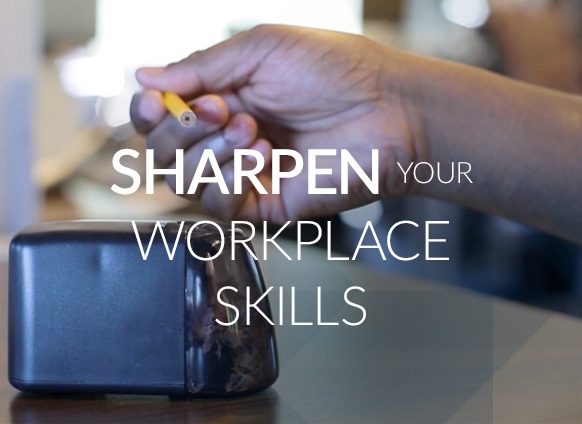1. Change is hard. So is listening.
A lot of current research talks about how best to lead and manage change in people and organizations. We naturally become entrenched in habits, especially if they have been successful or rewarded in the past (which is one reason habits are so hard to change). Through a “listen-first” approach, taking the time to learn about the history of a department/team/company that is going through change is a great step in building trust. Being understanding of how hard change can be for people and navigating those conversations with empathy can be even more powerful in leading constructive, effective change.
2. Know your audience.
Take the time to learn about who you are talking to. What are their needs and motivations? Worries, stresses and goals? Talking to the IT people often requires a different approach than the marketing folks. And certainly the needs of your support staff are going to often differ from your boss. Louis Pasteur, the famous inventor and scientist said, “Luck favors the prepared mind.” Taking the time to study and understand your audience is well worth the investment, serves to build trust and often creates future leadership opportunities.
3. Cultivate cultural awareness.
We often think of cultures as groups of people from different countries with different languages, religions, and customs. That is true of course, but if you consider every encounter as intercultural communication, you become much more attuned to the subtle ways cultures work and influence the way we think, show emotion, react and relate. In the U.S., even geography plays a big part in shaping cultural practices in unconscious ways. People speak more quickly on the East Coast than the West Coast and tend to “interrupt” each other (at least from a West Coast view) more. Depending on your own ethnic background, it might be perfectly fine to raise your voice and show emotion and passion when considering a proposal or idea. For others, that doesn’t work so well either as a speaker or listener. Bringing awareness of how cultures operate and influence you and others is a soft skill and another way to set yourself apart in your organization.
4. Hone your “presentation skills.”
We often think of these skills as something you learned in a public speaking class and use in a formal presentation or speech. Not so. A number of respected communication researchers say that over 60 percent of communication in face-to-face interactions are non-verbal, so honing in on your body language, eye contact, facial expressions, vocal qualities, and how you organize and express your thoughts are relevant and sometimes even critical in face-to-face encounters. Whether you are speaking to one other person or 500, focusing on the micro-skills of effective delivery and organization can make the difference in your success and influence. I’ve seen good public speakers ignore best practices in small group settings (like a job interview) at significant cost. Learning and practicing these seemingly little, basic things and seeking feedback from trusted friends and co-workers on what to work on puts you into a growth mindset and will certainly propel you to becoming a better communicator.












